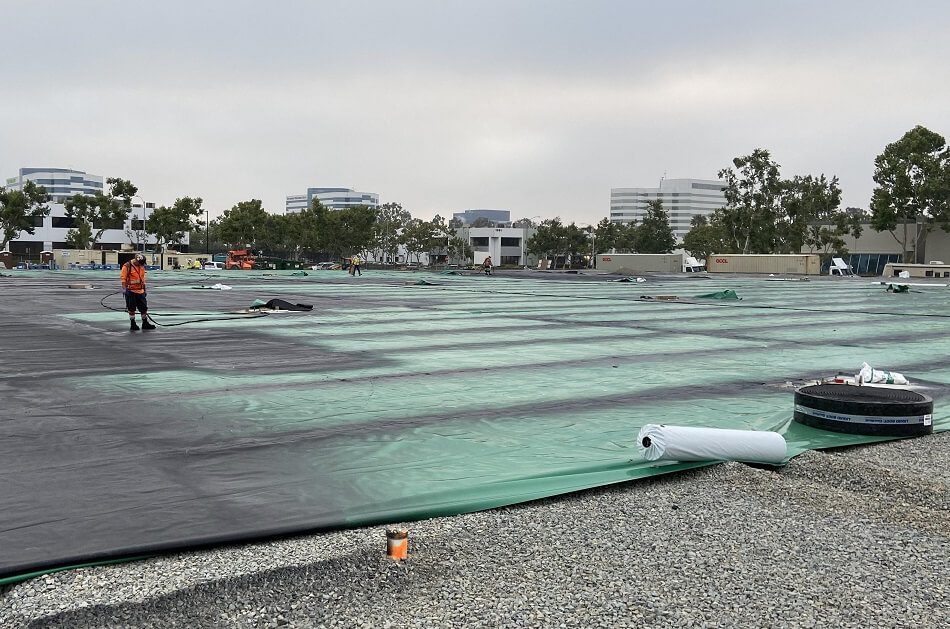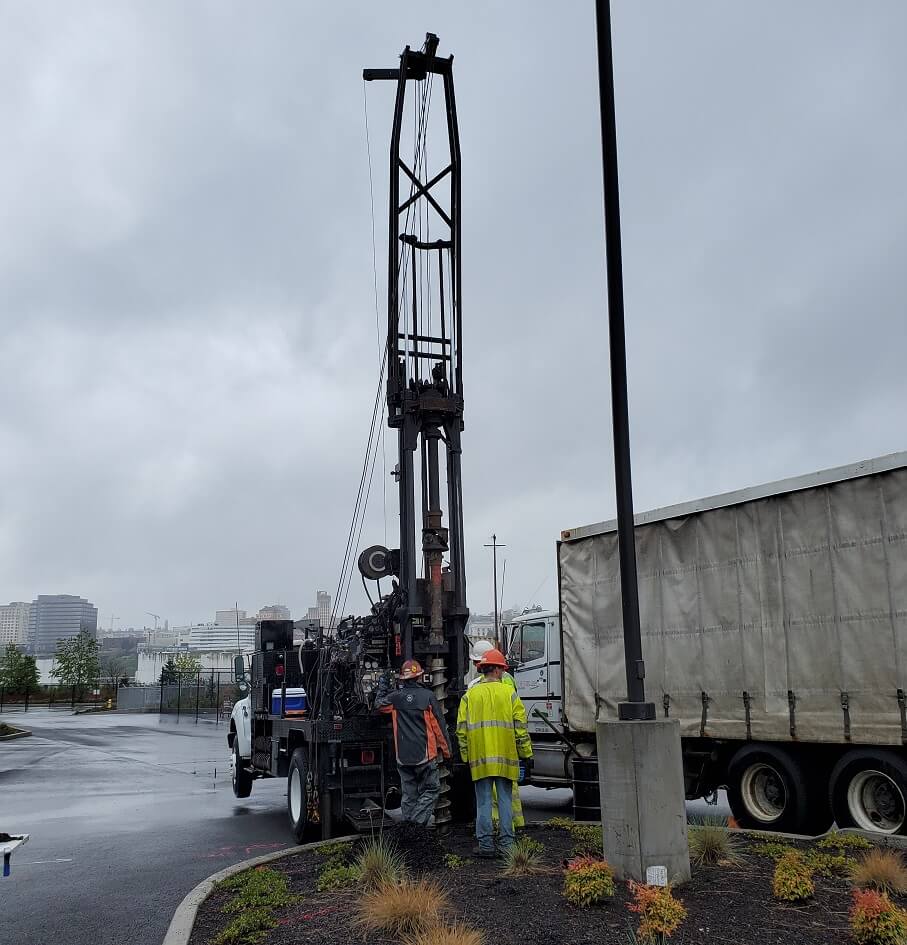



Path Forward is a leading environmental consulting firm with vast experience in developing feasibility studies and remedial designs to clean up contaminated soil, groundwater, and soil gas to protect human health. Our team of experts is equipped with the latest knowledge, tools, and techniques to develop customized remediation solutions that meet the unique needs and challenges of each project.
Our feasibility studies follow the USEPA’s guidance on Conducting Non-Time Critical Removal Actions under CERCLA, which outlines a systematic approach to evaluate potential remedial strategies designed to achieve project cleanup goals and objectives. Our team works closely with clients to understand their specific needs and develop a comprehensive remedial strategy that takes into account various factors such as site conditions, regulatory requirements, and budget constraints.
We evaluate various remedial approaches, including administrative controls, environmental engineering controls, and active remedies. Administrative controls involve the use of land use covenants and deed restrictions to limit access to contaminated areas and prevent exposure to harmful substances. Environmental engineering controls, such as soil caps and vapor intrusion mitigation systems (VIMS), are designed to contain or treat contaminated soil, groundwater, and soil gas. Active remedies, such as enhanced monitored natural attenuation, soil excavation, chemical or biological injections, and groundwater and/or soil vapor (SVE and/or dual phase) extraction systems, involve the physical removal or treatment of contaminants.
Once we complete the feasibility study, we document the design and performance of the selected remedial technology in various response plans, including Response Plans (RPs) under the California Land Reuse and Revitalization Act (CLRRA), Removal Action Work Plans (RAWs), Remedial Action Plans (RAPs), and Remedial Design and Implementation Plans (RDIPs). These plans outline the specific steps and procedures necessary to implement the remedial strategy effectively, including project timelines, budget estimates, and performance metrics.
At Path Forward, we understand that each project is unique, and we work closely with clients to develop tailored remediation solutions that meet their specific needs and goals. Our team has the expertise and experience to handle all aspects of the remediation process, from initial site assessment to final cleanup and closure, ensuring that contaminated sites are restored to safe and healthy conditions for human use.
Please contact us for further information regarding how our Feasibility Studies and Remediation System Design services may assist your project.

